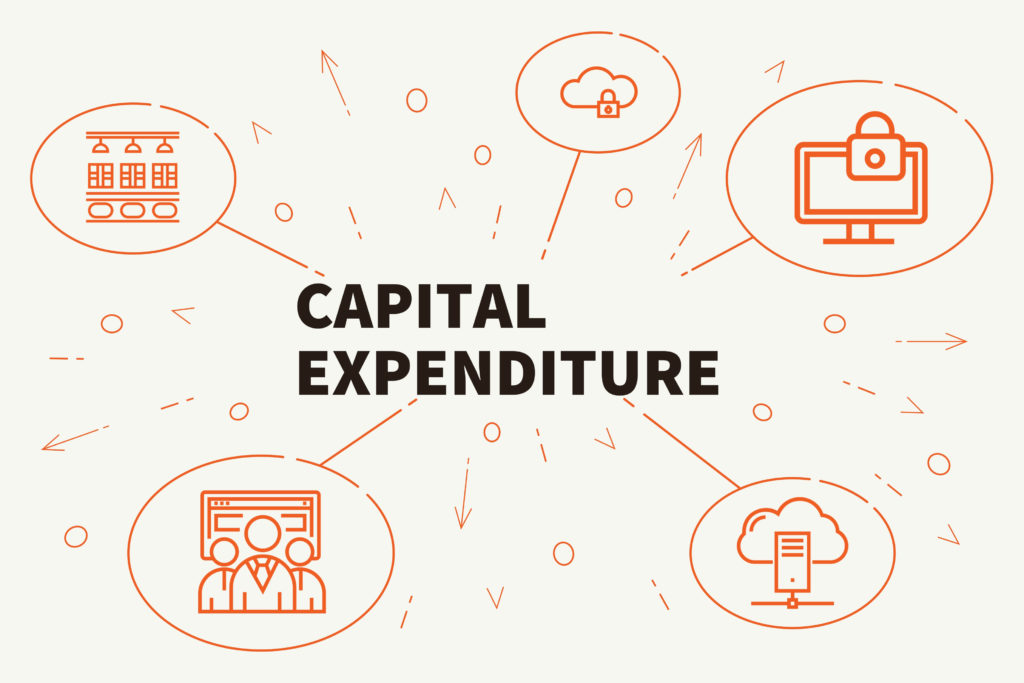Owning a small business in Canada involves several financial responsibilities, including keeping track of expenses and knowing which costs can be deducted from taxes.
In this article, we will cover the types of write-offs that small business owners in Canada can take advantage of, such as deductions for operational costs, capital expenses, and employee-related expenses.
Operating Expenses
The most commonly claimed write-offs for small business is their operating expenses, which refer to the everyday costs of running a business, including rent, utilities and office supplies. In Canada, these costs may be deducted from taxable income as long as they meet the reasonable and necessary criteria for operations.
This includes costs such as:
- Rent or lease payments for business premises
- Utilities, including electricity, gas, and internet
- Office supplies, such as paper and ink cartridges
- Insurance, such as liability insurance and property insurance
- Professional fees, such as legal and accounting fees
- Travel expenses, such as flights and accommodation for business trips
Accurate records and receipts of business-related expenses are essential when claiming tax deductions. Expenses must be necessary and reasonable for the operation of a business in order to be eligible to be tax deductible. The Canada Revenue Agency (CRA) has the right to review your claims, so it is important to ensure that all expenses meet these guidelines.
Capital Expenditures

Source: tepcon.com
Small business owners in Canada have the option to write off some of their expenses through capital expenditures. These are expenses that are related to the purchase or improvement of an asset, such as equipment or property, which have a multi-year life span. By using the capital cost allowance (CCA), these assets can be written-off over a set number of years depending on their type and the associated rate. These rates range from a few percent to up to 50% per year so businesses can take advantage of tax savings immediately and in the long run.
Examples of capital expenditures that small business owners can write off include:
- Equipment or machinery used in your business
- Vehicles used for business purposes
- Office furniture and fixtures
- Building or land improvements
- Computer systems, software and other technology
Remember that these assets must only be utilized for the sake of generating business income in order to qualify for the CCA. Additionally, if any of the assets are sold or disposed of before the completion of the CCA period, any remaining unclaimed CCA must be reported as business income in the same year.
Employee-related Expenses
In Canada, small businesses have the opportunity to write off employee-related costs such as salaries and benefits. These expenses are seen as business expenses which can then be deducted by the employer. Furthermore, deductions can also be acquired for providing benefits to employees, ranging from group insurance plans, health and dental plans, and pension plans.
Examples of employee-related expenses that small business owners can write off include:
- Salaries and wages
- Employment insurance and Canada Pension Plan contributions
- Benefits, such as health and dental plans
- Training and education costs for employees
It is essential to keep in mind that expenses which can be deducted must be reasonable. In addition, those offering employee compensation and benefits must adhere to all laws and regulations such as minimum wage laws and standards of employment.

Source: wittysparks.com
Final Thoughts
Knowing what tax write-offs small business owners can claim can help lower their overall tax burden. These deductions may include operating expenses, capital expenditures, and employee-related expenses.
To ensure that all these deductions are claimed correctly and within the bounds of Canadian law, it is best to keep an accurate record of all expenses and consult with a professional in taxation matters.
